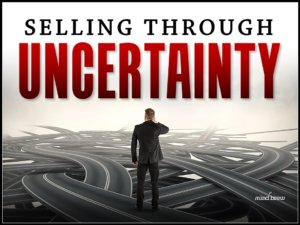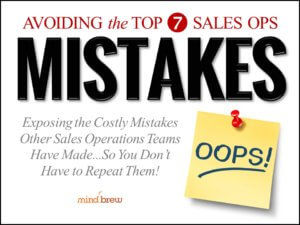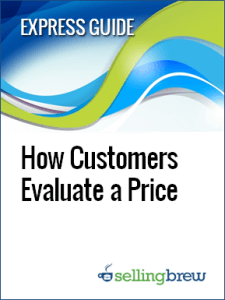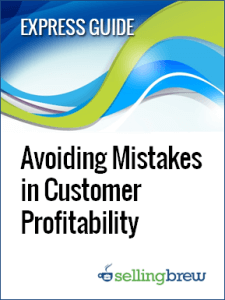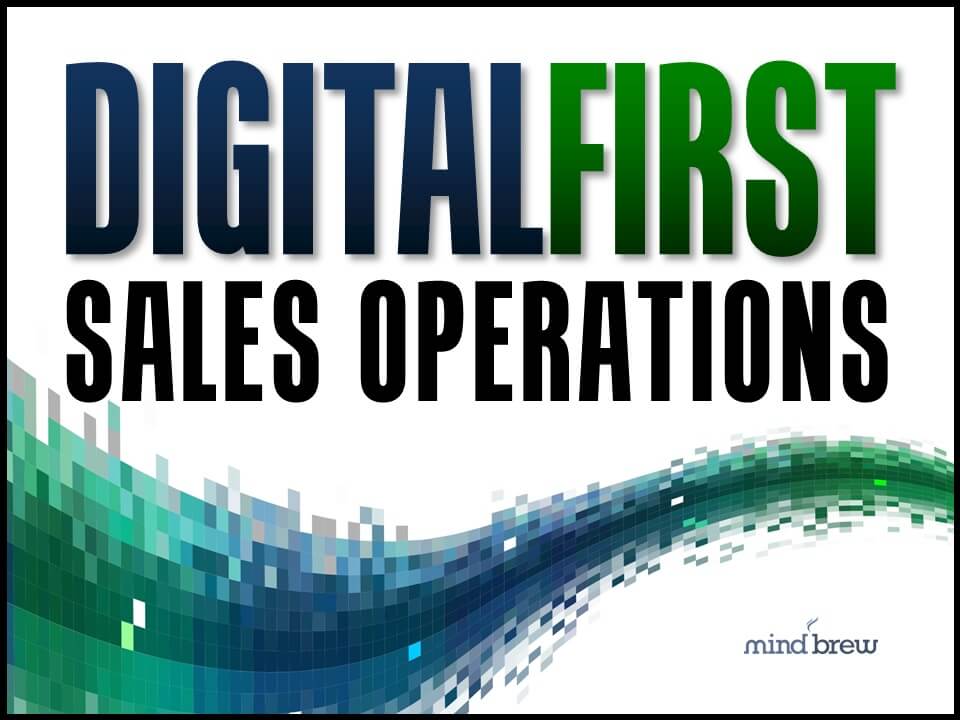Sometimes leaders have to make a really high-stakes decision without having all the relevant information.
One good example of this is US Airways Flight 1549. At 3:25 in the afternoon on January 15, 2009, the Airbus A320 took off from New York’s LaGuardia Airport headed for Charlotte, North Carolina.
Just two minutes later, it hit a flock of Canada geese, which took out both of its engines.
The pilot, Chesley “Sully” Sullenberger, and copilot, Jeffrey Skiles, went through their checklist to try to restart the engines, but nothing worked.
Commercial airliners can glide for a surprisingly long time, but not forever. Sully had to decide where to put the plane down, and he had to make the decision fast.
Unfortunately, he didn’t have a lot of the information that would have made that decision easier:
- He didn’t know if the plane could glide the four miles back to LaGuardia.
- He didn’t know if he could reach the closer Teterboro airport.
- He didn’t know how many people might be injured if the plane crashed before reaching either of those runways.
- He didn’t know if the plane could survive landing on the Hudson, because no commercial airplane had ever done that before.
- He didn’t know if any passengers would drown or die of hypothermia even if he made a successful water landing.
You probably remember the ending to the story. Based on this limited information, Sully made a split-second decision that landing in the Hudson represented the least risk to human life. He brought the plan down successfully, and although there were many injuries, no one died.
Acting in ambiguity
Those of us who work in sales ops don’t often make decisions that determine whether people live or die. But we do have to make a lot of recommendations that will determine whether our companies succeed or fail.
Like Sully, we usually don’t have all the information that we need. Forecasts, territory planning, process changes, incentive plan design — each one involves dozens of moving parts and unknowns. Yet sales ops doesn’t have the luxury of waiting until things are clear. We have to make decisions, and we usually have to make them right away.
Other job functions often don’t face the same dilemmas. They can be patient and wait for clarity.
Sales Ops has to act in ambiguity. It’s like navigating in the dark with a flashlight — you’re constantly scanning for obstacles, trying to anticipate what’s around the corner, and moving forward even when the full path isn’t visible.
Hedging against the unknown
So how do we become better at dealing with uncertainty? How do we reduce the ambiguity enough to make a move confidently — and protect the business (as well as our careers and reputation) when we’re wrong?
We have a few suggestions:
- Think in terms of probabilities and ranges, not absolutes. When things are uncertain, there’s rarely a single “right” answer. The most effective sales ops teams lay out the likely outcomes and plausible ranges, helping leadership plan for scenarios.
- Building contingency plans before you need them. When something breaks, it’s too late. Instead, map out some what-if scenarios. Even if you haven’t planned for exactly the situation that you face, you’ll have a better idea of the options available to you, and you’ll be ready to shift more quickly.
- Using data not to eliminate uncertainty, but to contain it. Data can’t make the unknown go away — but it can help define the edges of the risk. Instead of demanding perfect clarity, use your data to identify thresholds, warning signs, and the limits of what’s acceptable.
- Shifting from being right to being ready. In sales ops, success isn’t about having the perfect answer — it’s about preparing the organization to move forward confidently despite the unknowns. Flexibility and foresight often matter more than accuracy.
To explore this idea more, check out the webinar on Selling Through Uncertainty. It offers tips on leveraging data and research while also adopting the right mindset to deal with these sorts of situations.
Captain Sully ultimately made a good decision, saving the lives of everyone on his plane without endangering anyone on the ground. But maybe his heroic success wasn’t that surprising. He had lots of experience making decisions under difficult circumstances. He was a former fighter pilot, a glider pilot, and an expert on aviation safety. He had also logged more than 19,600 hours of flight time, including more than 4,700 hours in an A320. With all that experience, he was set up to make a good judgment call.
In the same way, you can practice making decisions even when you don’t have all the relevant information. Over time, you’ll develop the experience to be ready to make a good call when the stakes are at their highest.

